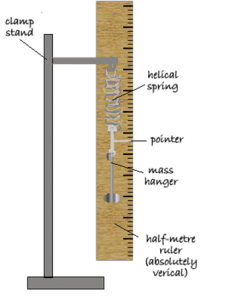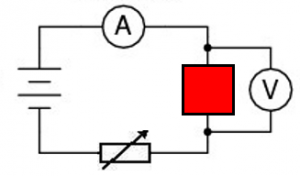A base is a substance that neutralises an acid by combining with the hydrogen ions in them to produce water.
A base usually means a metal oxide, a metal hydroxide or ammonia.
Alkalis are bases which are soluble in water.
Some metal oxides are soluble in water and react with it to form solutions of metal hydroxides. For example:
Na₂O (s) + H₂O (l) → 2NaOH (aq)
Apart from this and other group 1 oxides (such as potassium oxide) most other metal oxides are not soluble in water.
One exception is calcium oxide which does dissolve slightly in water to form calcium hydroxide (known as limewater):
CaO (s) + H₂O (l) → Ca(OH)₂ (aq)
Ammonia is another base. Ammonia reacts with water to form ammonium ions and hydroxide ions:
NH₃ (aq) + H₂O (l) ⇋ NH₄⁺ (aq) + OH⁻ (aq)
All the solutions produced here contain hydroxide ions (OH⁻) so they are all alkalis.


